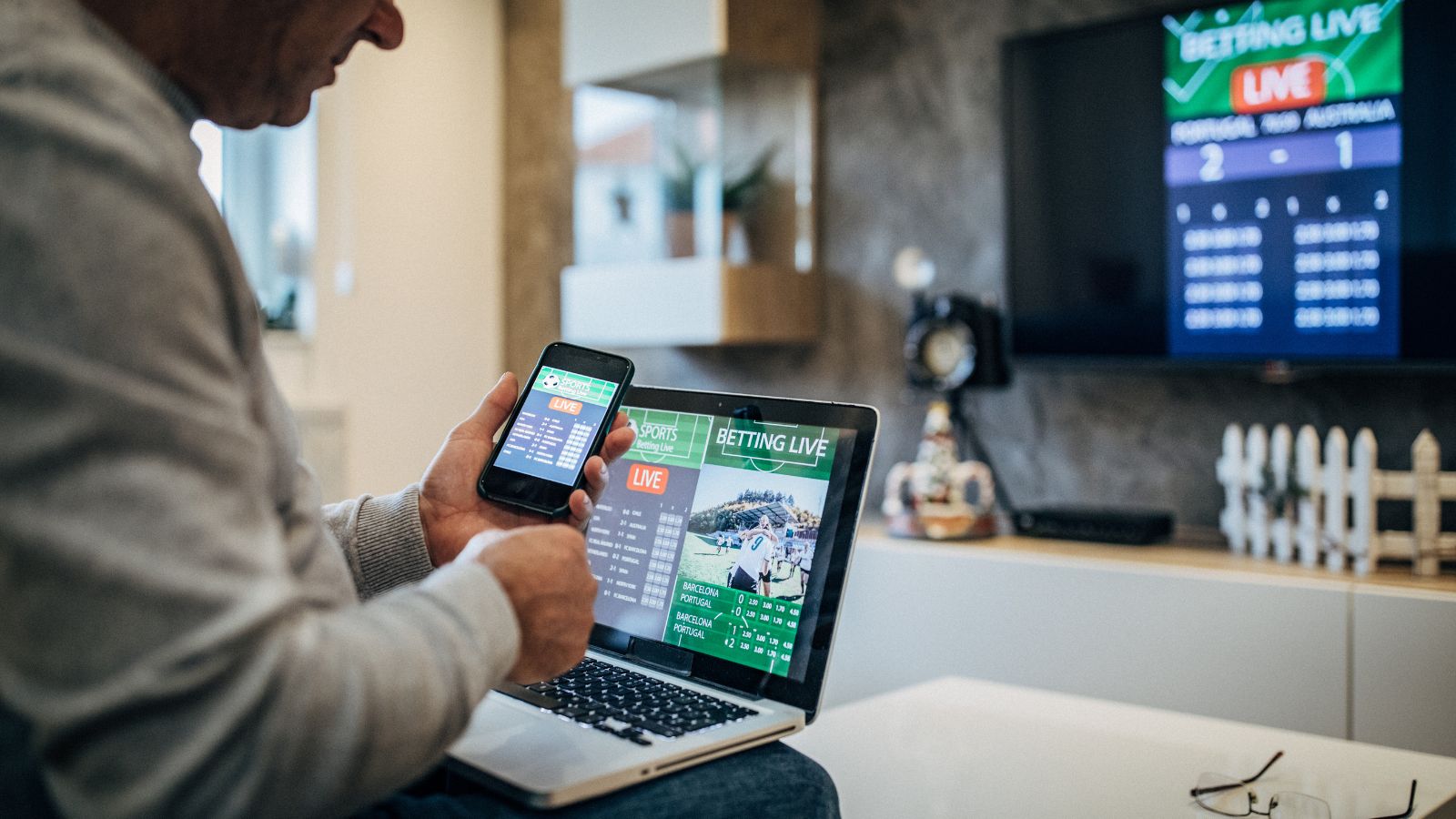In the ever-evolving world of technology, betting apps are carving out a niche for themselves. They’re transforming the way people wager, making it more accessible, convenient and immersive. The latest player in this digital revolution? Augmented Reality (AR).
AR is taking the betting industry by storm, offering a unique, interactive experience that’s changing the game. From allowing bettors to visualise odds in real-time to providing a 3D view of the action, AR is redefining the betting experience.
 Betting Apps Ar
Betting Apps Ar
Augmented reality propels betting apps beyond conventional offerings, transforming the betting world with interactive, immersive experiences. AR visualisation of real-time odds and 3D action views spearhead this revolutionary betting experience.
The Rise of AR in Betting Apps
With technological advancements, AR finds itself at the forefront, preciously influencing betting apps’ trajectory. Betting enthusiasts, entranced by AR’s interactive appeal, gravitate towards apps that incorporate this technology. Equipped with AR, betting apps deliver immersive, real-time betting that amplifies engagement and nurtures a deeper connection with the action.
For instance, consider a tennis match. Instead of a static, 2D display, AR in betting apps transforms this into a 3D spectacle. Bettors smoothly navigate the visual representation, augmented with real-time odds and other relevant statistics. And this is just the genesis – a hint of the wide array of possibilities AR unfolded in betting apps.
Key Features of Augmented Reality in Betting
The integration of AR into betting apps unleashes a plethora of features. Foremost, Real-Time Visual display stands as its much-acclaimed feature. AR apps illustrate the wagering possibilities and odds in a real-time 3D format, providing bettors interactive control over their betting schemes.
 Benefits of Using Betting Apps AR
Benefits of Using Betting Apps AR
Enhanced User Experience
Among the top benefits of utilising AR technology in betting apps is the augmented user experience it delivers. AR technology enriches a typical betting experience by creating highly interactive and immersive arenas for users. It provides a 3D visualisation of the ongoing sports event, enabling users to watch and analyse the action from multiple angles. Users also enjoy more control and customization options within their betting environment. For example, brokering a bet on a football game becomes a more engaging process, as, in real-time, users can see the 3D trajectory of the ball and the player’s movements.
Integration of real-time data represents another benefit of AR in betting apps. This feature allows for swift updates and dynamic changes in the odds based on real-time game progress, enhancing the accuracy and immediacy of information users receive. For example, during a basketball match, apps can display shooting percentages for individual players in real-time, updating as the game progresses. This integration of real-time data into the AR environment empowers bettors to make informed and timely decisions, thereby raising the prospects of successful bets. Ultimately, AR’s real-time data integration enriches user experience, provides up-to-the-minute accuracy, and heightens overall betting efficiency.
 Challenges and Considerations
Challenges and Considerations
Legal and Regulatory Issues
Legal and regulatory issues pose significant challenges in the development and deployment of betting apps. Each jurisdiction defines its own specific set of laws and regulations pertaining to gambling. For instance, certain states in the United States allow online sports betting, while others don’t. This implies that betting app operators must comprehensively understand the unique legal landscapes in every jurisdiction they intend to operate in. Moreover, data privacy becomes a concern when integrating AR into betting apps. User data, particularly financial details, should be encrypted and secured according to legislation such as General Data Protection Regulation (GDPR) and the Payment Card Industry Data Security Standard (PCI DSS).
Besides legal constraints, technical difficulties also persist in the implementation of AR in betting apps. Firstly, creating 3D models used for detailed and accurate display can be resource-intensive. Giving users a reliable, real-time AR experience demands substantial computational power and robust software optimization. Secondly, AR depends heavily on high-speed internet connectivity for efficient functioning. Poor or unstable internet connections disrupt the AR experience, leading to frustration among users.